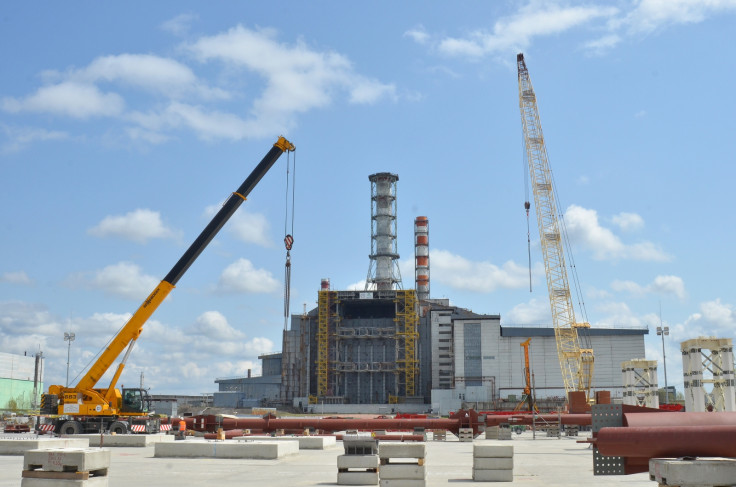China suspends work on $15bn nuclear waste plant after protests
The project is set to be run by China National Nuclear Corporation in a joint venture with France's Areva.

Preliminary work on a nuclear waste project of about 100bn yuan ($15bn, £11.5) has been suspended following protests by local residents concerned with health risks. The protests began after reports emerged suggesting Lianyungang, a coastal city located about 500km north of Shanghai, had been chosen as the site for the project.
The project is expected to commence in 2020 and completed in a span of another ten years. The China National Nuclear Corporation (CNNC) is set to run the project in collaboration with France's Areva.
The CNNC is the same nuclear company that has been selected to bid for a UK government competition to develop small modular reactors (SMR). While it was not earlier involved in the Hinkley Point C nuclear power station deal in Somerset, it is reported to have agreed to buy half of China's 33% stake in the £24bn project.
"The Lianyungang Municipal People's Government has decided to suspend site selection and preliminary work on the nuclear recycling project," said the local government in a notice on its website, states a Reuters report.
According to a report by the official local news outlet, the local government said, "no final decision had been made" on the location of the plant. It threatened action against "illegal elements" for "fomenting social disorder" and spreading rumours related to the project.
Lianyungang currently has two Russian-designed reactors with a couple of more units under construction and there are plans for further expansion of the project.
A spokeswoman from Areva said negotiation on the technical aspect of the project had already concluded in June 2015 and talks were currently going on regarding the commercial part. The plant will be operated by CNNC, not Areva. Lianyungang was one of several candidate sites and the central government would make a final decision on the plant's location, an official from CNNC has been quoted as saying by a state newspaper.
China wants to be on top of the list for nuclear power. The country had 30 commercially operated reactors by end of June 2016, with a total capacity of 28 gigawatts. It is planning to raise the capacity to 58 gigawatts by the end of 2020. But it is facing roadblocks for various reasons including fuel processing, waste recycling, grid access and shortage of qualified staff.
China's reactors could take the US route and bury waste underground, said Li Ning, a nuclear scientist. "But the (Lianyungang) government gave in so quickly, and from that perspective, it does not bode well for the nuclear industry," Ning said.
© Copyright IBTimes 2025. All rights reserved.





















